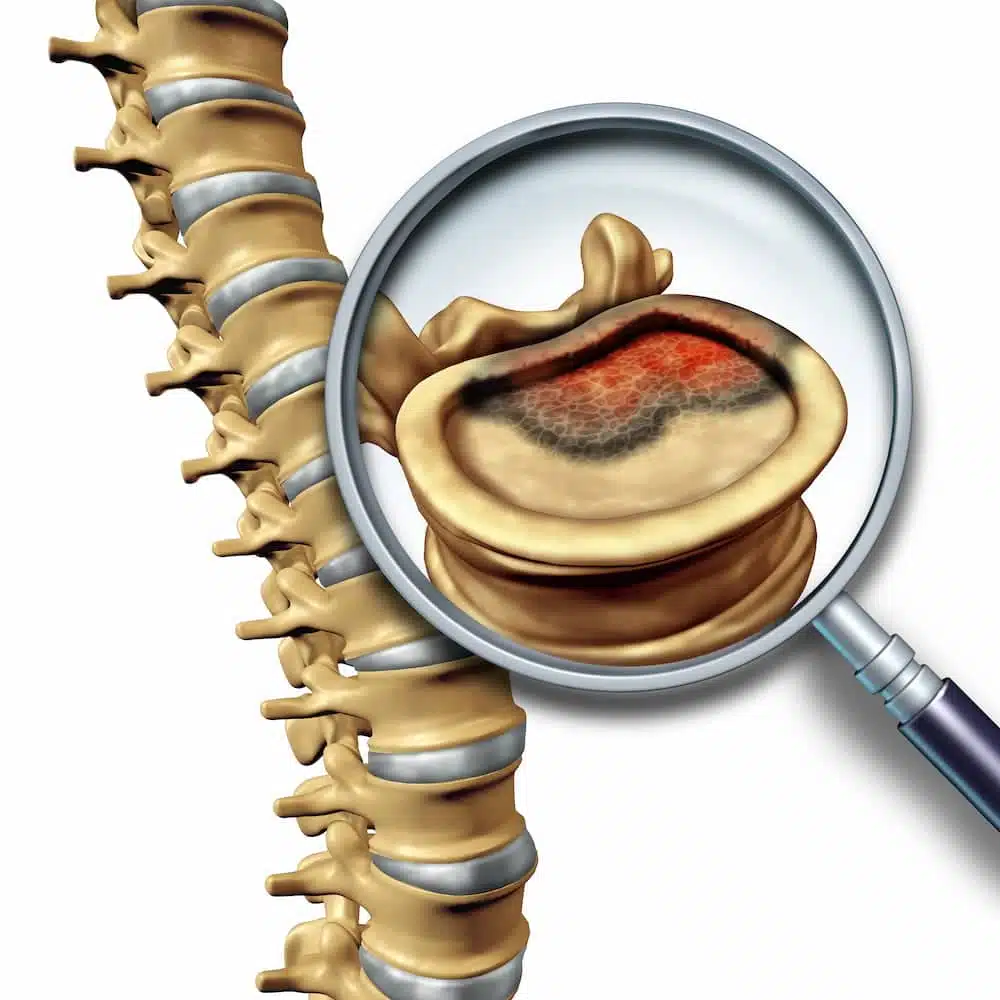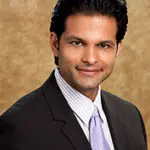Call Now!
Torrance Office: +1 (424) 360-0155

Many people suffering from symptoms of spinal stenosis think that surgery is their only option. However, depending on the severity and location of the stenosis, your doctor may recommend other treatment options. At Rolling Hills Medical in Torrance we offer a variety of non-surgical treatment options for spinal stenosis. Before committing to spinal surgery, we encourage our patients to try alternative treatment options to relieve pain symptoms and help patients avoid the need for surgery.
Spinal stenosis is the narrowing of spaces in the spine that can cause increased pressure on the nerves. The two main types of spinal stenosis are cervical stenosis (narrowing in the neck) and lumbar stenosis (narrowing in the lower back). Some people are bone with narrow spinal canals, but most common causes of spinal stenosis are:
Some people have spinal stenosis, but never experience any painful symptoms. Symptoms vary from patient to patient and depend on the location of the stenosis as well as which nerves are being affected. Spinal stenosis can cause pain, tingling, numbness, weakness, and even bowel or bladder dysfunction in severe cases.
While spinal stenosis surgery is an option, we encourage our patients to try non-operative treatment options first. Our team of experienced, interdisciplinary medical professionals can suggest lifestyle changes, physical therapy, medications, and even steroid injections as non-surgical treatment options for managing spinal stenosis symptoms.
Seemingly small lifestyle changes can have a dramatic effect on improving stability in the spine and reducing pain. Several effective activity modifications include using a cane or walker, wearing a back brace, or using a stool for activities you would normally do standing up. These lifestyle changes all help to relieve stress on the spine and help with its strengthening.

Remaining physically active helps to reduce symptoms of spinal stenosis. Daily exercise is also helpful in maintaining a healthy weight, which further reduces stress on the back. Flexing, stretching, and strengthening exercises help open up the spine and decrease pressure on the nerves that is causing pain. Your physical therapist will put together a treatment plan that incorporates a combination of exercises, from gentle movement and range-of-motion exercises to aerobic exercise, manual therapy, and use of rehabilitation equipment.
Non-steroidal anti-inflammatory drugs (NSAIDs) not only provide pain relief, but can reduce inflammation around the spinal nerve caused by stenosis – targeting pain at its source. Over the counter pain medications, in combination with other treatment options, help many patients find relief from spinal stenosis pain.
Epidural steroid injections provide pain relief benefits for many patients who were not able to find success with other non-surgical treatment options. Corticosteroids are injected into the space around the impingement to reduce inflammation and relieve pressure on the nerve root. Steroid injections provide temporary pain relief and may not be suitable for all patients. Often, steroid injection treatment is coupled with physical therapy treatment, as temporary pain relief from injections helps patients who wouldn’t normally be able to endure physical activity or movement.
Before deciding on surgery, patients are encouraged to try non-operative treatments first. If all non-surgical treatment options have been exhausted with no improvement of symptoms, then your doctor will discuss surgical treatment options. Spinal surgery is often effective for treating severe symptoms. At Rolling Hills Medical, we offer several surgery options, including minimally invasive spinal procedures, lumbar micro decompression surgery, and cervical or lumbar fusion surgery.
Our team of multidisciplinary professionals have years of training and experience treating spinal stenosis. We’ve helped many patients avoid invasive spinal surgery through alternative treatment options. For more information on spinal stenosis treatment or other pain management services offered at Rolling Hills Medical, call us today at (424) 235-1562.
